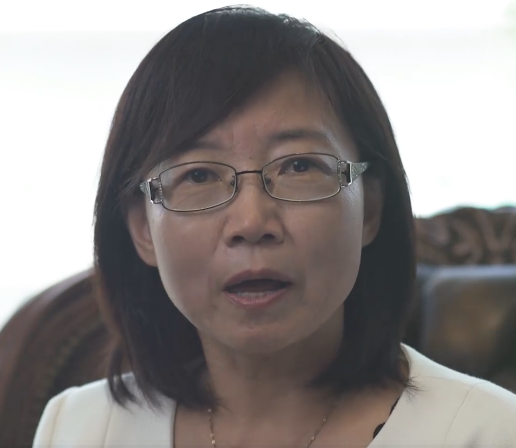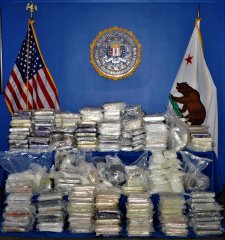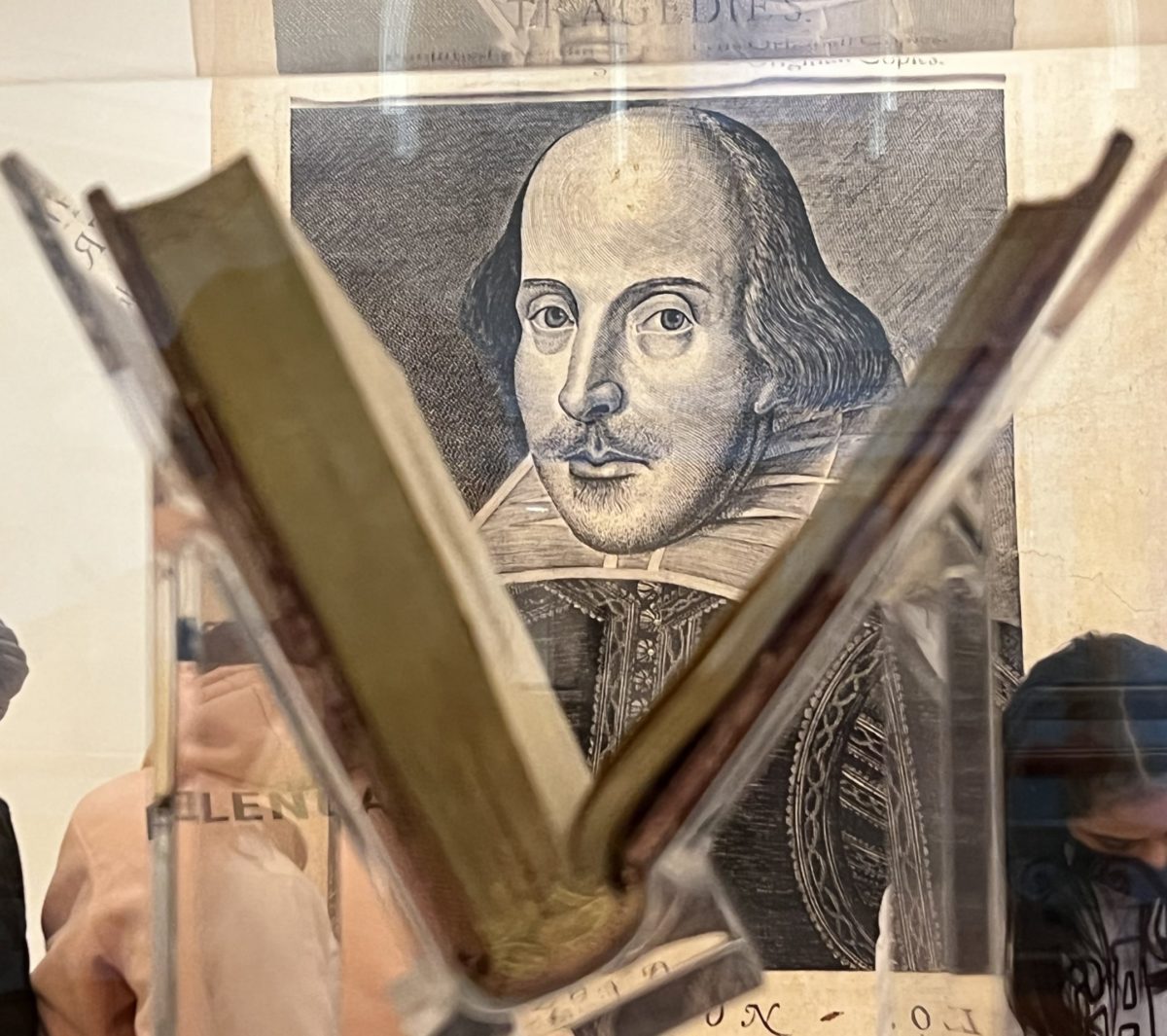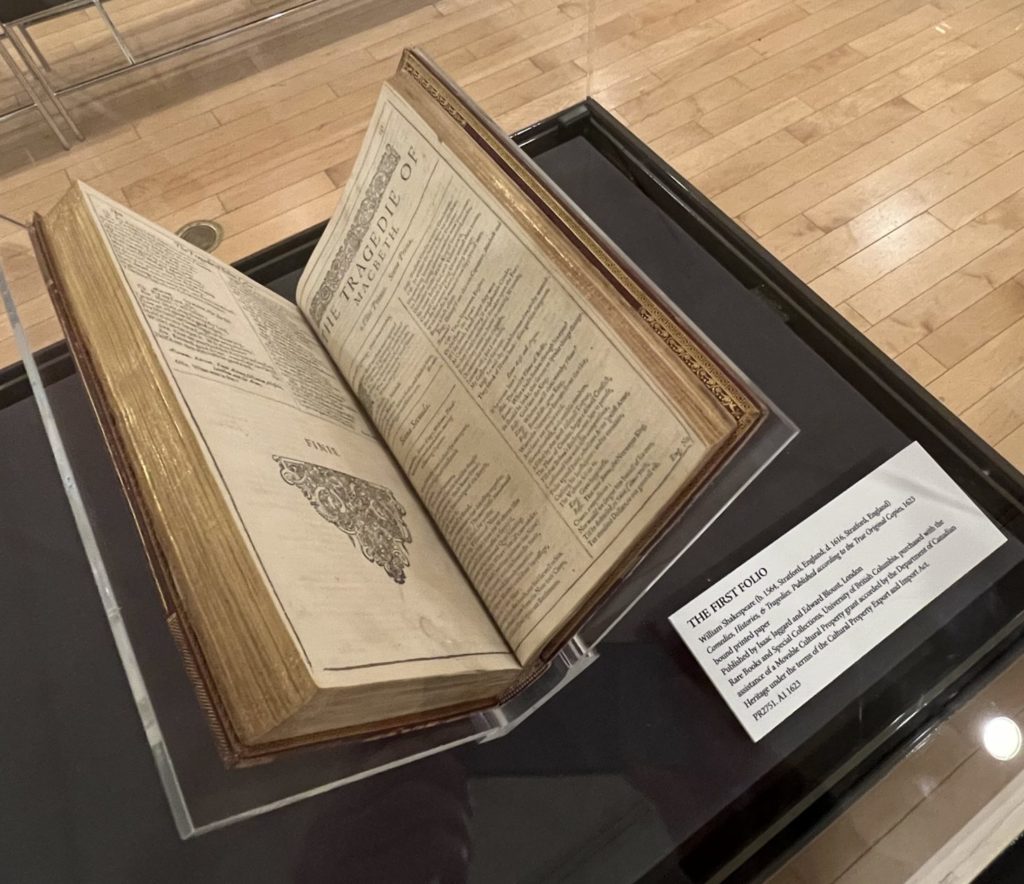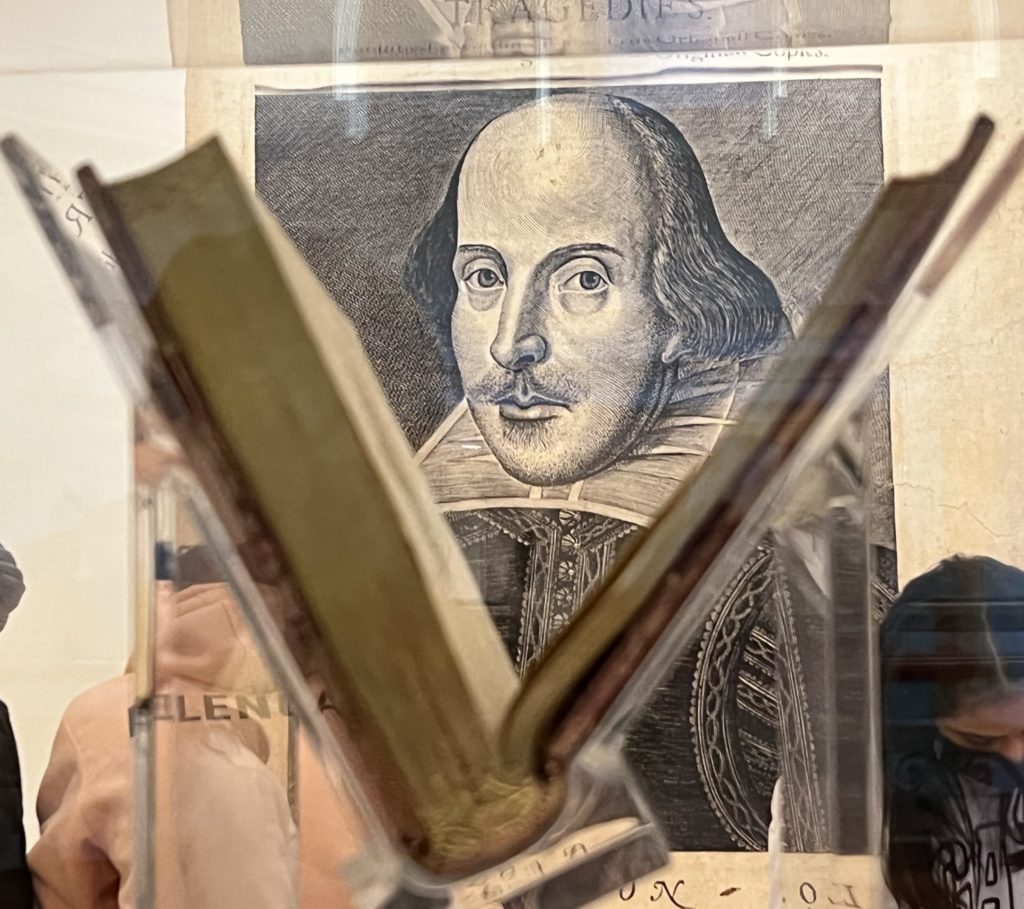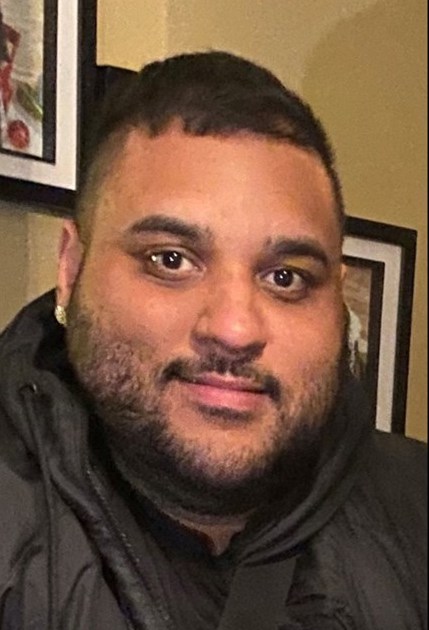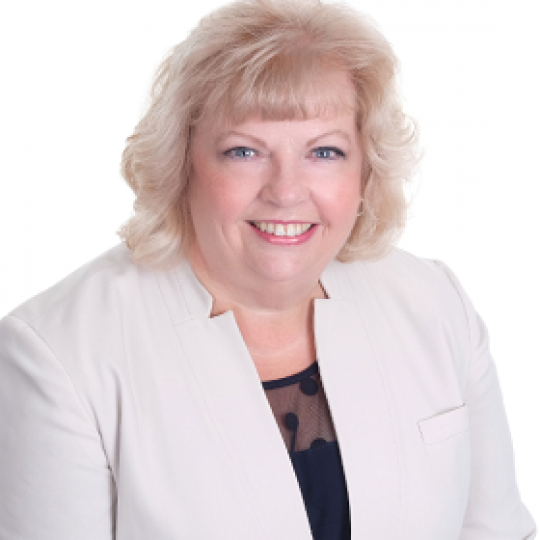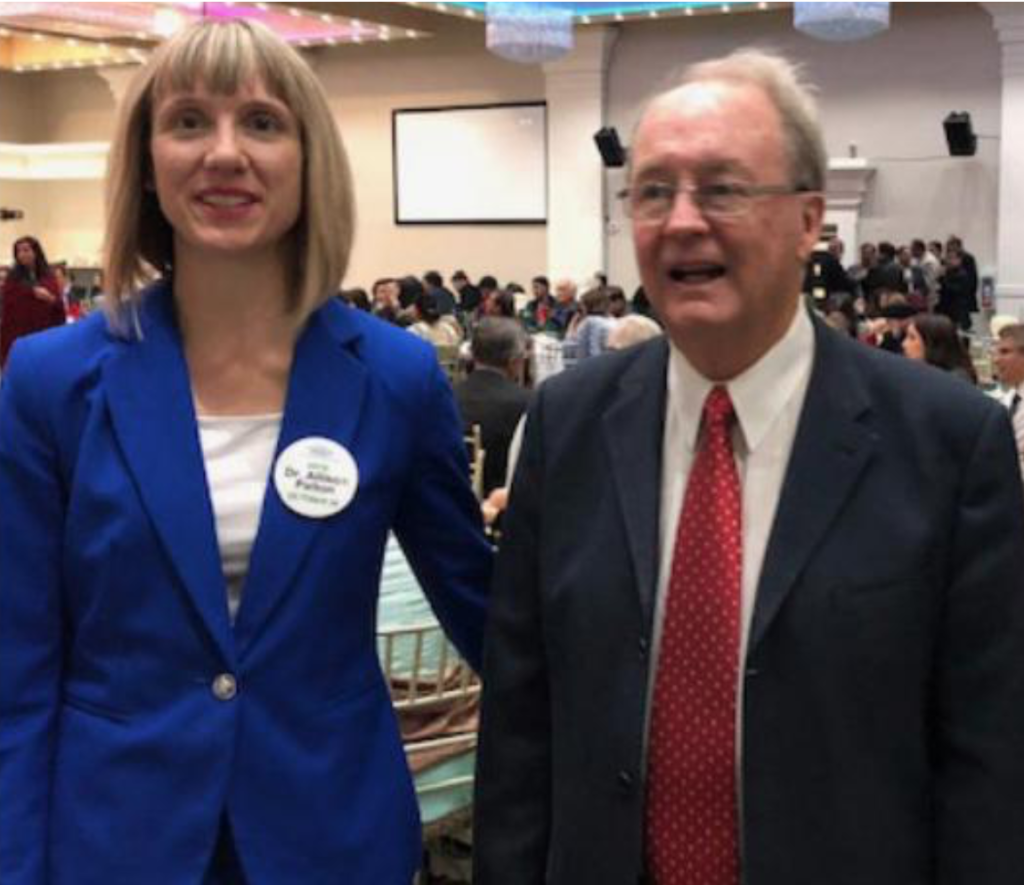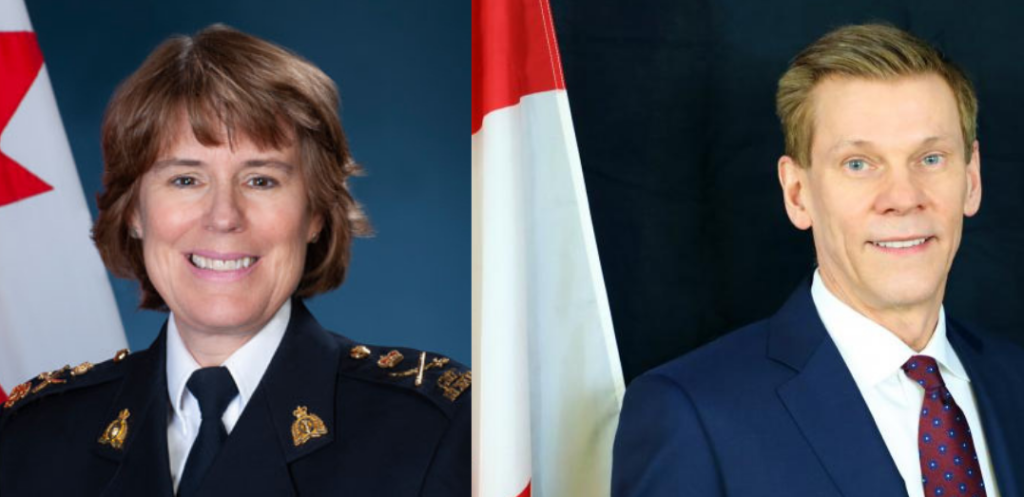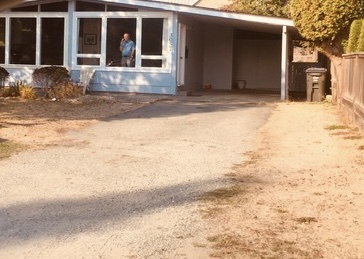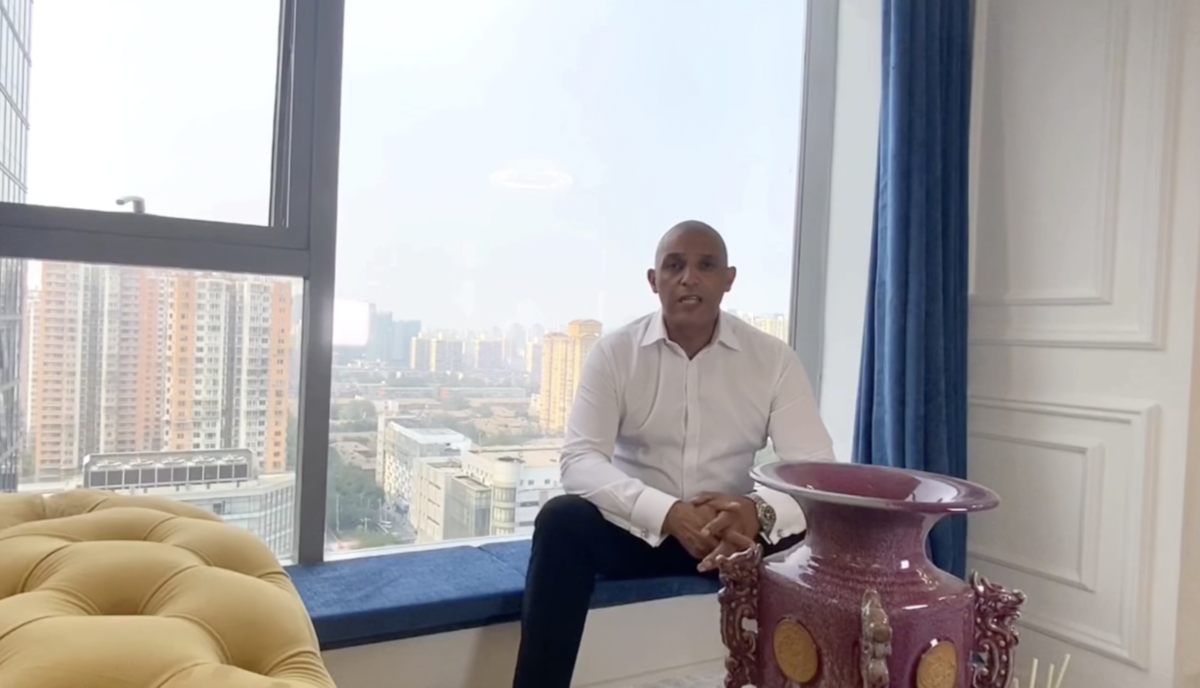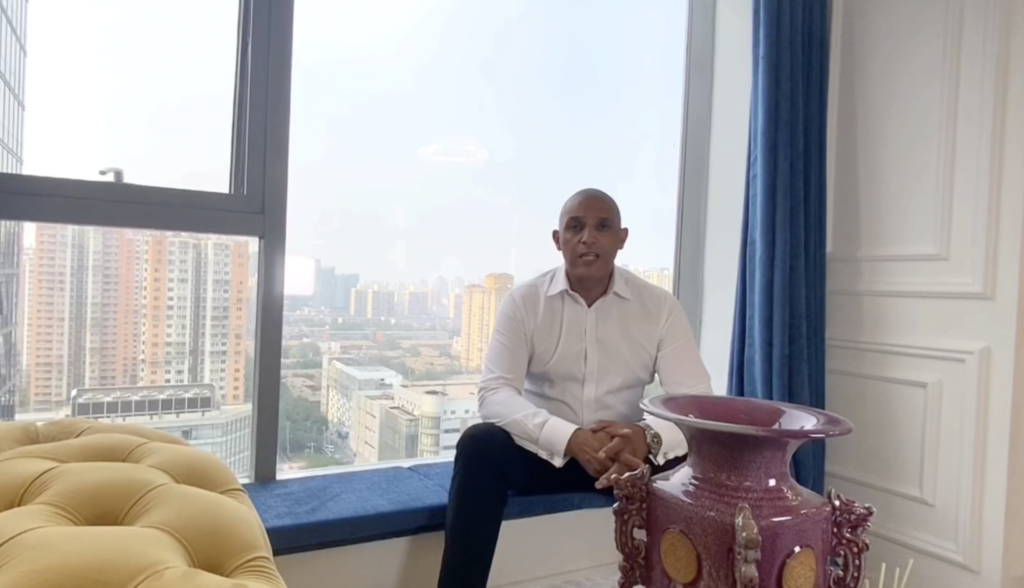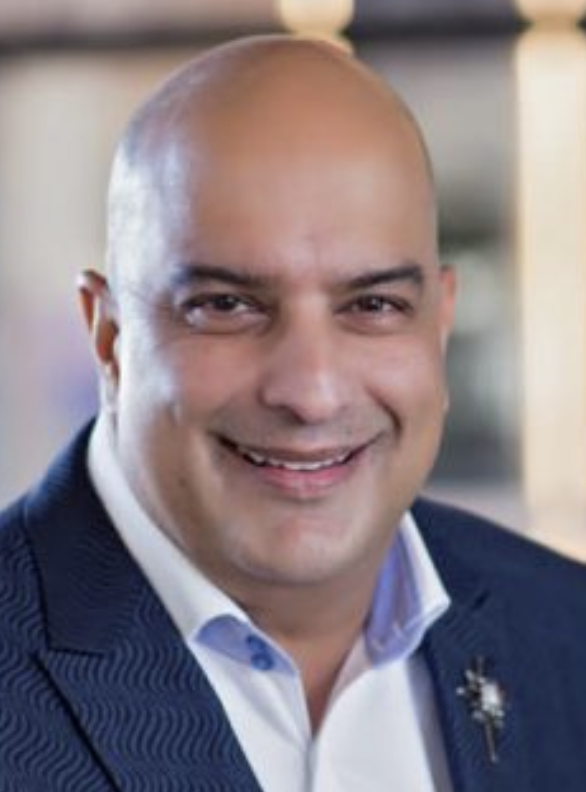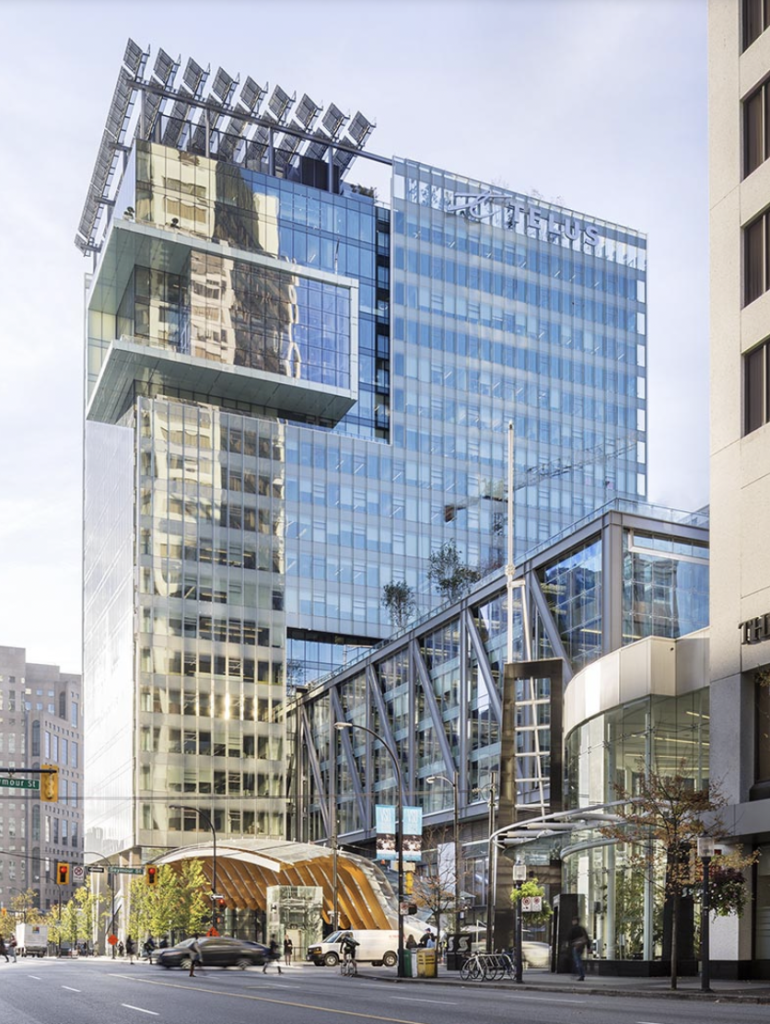Bob Mackin
Rabih Alkhalil is now Canada’s most-wanted criminal.
On Oct. 18, the RCMP offered a reward up to $250,000, available until next May, for information that leads to the arrest of the gangster who escaped July 21 from North Fraser Pretrial Centre in Coquitlam.
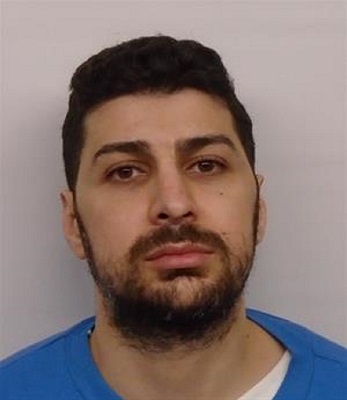
Escaped gangster Rabih Alkhalil (RCMP)
Email and text messages obtained under freedom of information offer a glimpse into the minutes and hours after the well-planned escape of Alkhalil, who was on-trial for the 2012 first degree murder of Sandip Dhure at the Wall Centre Hotel.
The night was complicated by the health of a prisoner from Vancouver who tested positive for COVID-19 on intake. Email indicates personal protective equipment protocols were followed, but sheriffs had yet to be notified and contact tracing was not complete.
More than a month later, on Aug. 30, Alkhalil was convicted in absentia by a jury in B.C. Supreme Court.
Alkhalil, who has prior convictions for murder in Ontario and drug-trafficking in Quebec, is also known as Rabi, Robby, Robbi, Rabih Al Khalil, Philip Betencourt Furtado and Philip Bettenecourt Furtado. Police don’t know whether he is still hiding in Canada or has fled the country.
“Alkhalil is known to use fake identity documents and passports,” police said Tuesday.
July 21
6:48 p.m. White Econoline van carrying Alkhalil and two others posing as contractors, left North Fraser Pretrial Centre and travelled westbound on Kingsway Avenue.
7:30 p.m. Staff advised Coquitlam RCMP that Alkhalil had escaped.
7:43 p.m. Code RED at NFPC
7:56 p.m. Fraser Regional Correctional Centre warden Rick Lacroix texted deputy warden Coy Myers: “Hey Coy. Sorry to bother you if this is true. Heard Robby Alkhalil escaped?”
8:02 p.m. Myers text to Lacroix: “True just got to centre. [Warden] Har [Cheema] on his way in. Cops here. Omg.”
Lacroix: “Fck sakes.”
8:06 p.m. “NFPC – Code RED – 1943hrs” email with details on an escaped inmate, from assistant deputy minister Lisa Anderson to Deputy Solicitor General Douglas Scott:
“Further to my text and voicemail the client profile below is the subject of the code red that occurred approximately 20 mins ago. I don’t have much for details yet but do know this is a high profile gang involved inmate [censored for security] I will provide further details as soon as I receive them. RCMP have been notified and I have also contacted Wayne. [censored] This inmate is on remand status for charges of murder and attempt to commit murder.”
8:51 p.m. “Code RED – 1943hrs” email from Izach Verceles, Assistant Deputy Warden, to four senior officials at NFPC, with 11 photos attached.
10:19 p.m. Coquitlam RCMP public bulletin headlined “Police looking for Rabih Alkhalil (Robby) who is Unlawfully at Large.” The news release said staff advised Coquitlam RCMP at 7:30 p.m. that Alkhalil had escaped.

Images of the alleged accomplices in Rabih Alkhalil’s North Fraser Pretrial Centre escape (Coquitlam RCMP)
10:21 p.m. Verceles “UOF (use of force) notification” to the provincial director of B.C. Corrections.
10:21 p.m. text from Gurjit Randhawa of B.C. Corrections: “Hey man. Situation at the centre. Code red. Need you to work regs in the morning. Montee is here and ICS [incident command] stood up. Don’t worry about coming in. Need you fresh in the morning.”
July 22
1:22 a.m. draft email from Warden Harbippan Cheema to Deputy Warden Coy Myers:
“As you may be aware by now, NFPC experienced a critical incident yesterday evening when Inmate Rabih Alkhalil escaped from custody [censored for security] with the assistance of outside individuals.
“A Code Red was initiated [censored]. In the meantime, the escape has been picked up by various media outlets and I wanted to remind everyone to direct anyone calling
in with an enquiry to contact the Government Communications line.
“Further, as this incident can have varying impacts on staff, I wanted to also mention the CIRT [Critical Incident Response] Team is available to assist upon request. For those that feel the need, you can also seek support through Employee and Family Assistance Services.”
2:06 a.m., Assistant Deputy Warden Matthew Waters to schedulers and other officials:
“Due to being late to leave tonight from the emergency situation, I have authorized a change in start time for the following staff to ensure they have 8 clear hours between shifts. I have also updated the schedulers roster (attached) with these changes (although I did not add the extended hours in the afternoon past shift end on the front of the roster [censored for personal information and security].”
“Terrance [censored] was delegated to compile a list of all staff end times for tonight, which will need to be submitted. Night shift supervisor has the list currently.”
6:59 a.m. Warden Steve DiCastri email:
“Good morning, I was wondering who is on site today that can respond to questions as they come in. Could I have the contact information? I have Har’s cell but not Coy or Ben.”
7:38 a.m. email from DiCastri to Myers and Cheema:
“I will wait to give you some time at home and will call your cell at around 0839.”
7:34 a.m., Myers email:
“I was a bit late getting home so I will be at work around 830/9 this morning. Please call me if needed.”
8:01 a.m, Myers email to two officers:
“As soon as you can can you send me the names of [two names censored]. Please send to Steve DiCastri also.”
8:03 a.m., DiCastri text to Myers:
“Hi Coy I have also provided the ADM with your cell in the event she has a question if
she needs to brief the minister. She may not but just in case, thank you.”
8:05 a.m.: Myers text to DiCastri:
“Sounds good. I’m just leaving now to head in to centre. I have sent a message to a couple managers at the centre to get that info for you.”
10:48 a.m. Myers “NFPC critical incident” memo to all staff, similar to 1:22 a.m. draft:
“This message and information is not to be shared or disseminated further. If you have any questions please let me know.”
11:23 a.m., Melissa Maher, aide to Solicitor General Mike Farnworth, to an email address withheld for privacy:
“Here are the KM’s for the Escaped Prisoner and the QA for more info.”
Key Messages
- We take public safety very seriously. This is a dangerous individual, and the public should call 911 immediately should they see this man.
- BC Corrections immediately advised the RCMP and are working closely with the police to assist in the investigation.
- We take any escape or attempted escape extremely seriously and BC Corrections will be conducting a comprehensive review into this incident.
- This is an active police matter and I can’t provide any additional details at this time.
- All additional inquiries should be directed to the RCMP.
11:32 a.m. William Maartman, another Farnworth aide, emailed Maher and CC’d Farnworth:
“One more thing to add. The inmate was expected at trial this morning”:
- Order – Canada wide warrant for Alkhalil
- Absconded from North Fraser
- Waived right to be present at trial
- Trial will continue
- Jury – you may have heard accused absconded, reminder presumption of innocence
- Pay no attention to the media reports and must ignore
- Jury adjourned until July 27
5:19 p.m. Myers to DiCastri and Cheema
“Other interesting information passed on to me. Individual also escaped from a Montreal [sic] prison yesterday.”
He included a link to a Global News report about Dave Gingras-Gaudet, a 37-year-old who coincidentally escaped from a Quebec City jail through a gap in an outer fence, with help from two accomplices at 8:30 p.m. Eastern time July 21.
The accomplices were arrested; Gingras-Gaudet was arrested in Quebec City July 23.
“Please let me know if you have any questions. I am going to hopefully leave soon. I can be reached on my cell.”
Support theBreaker.news for as low as $2 a month on Patreon. Find out how. Click here.
Bob Mackin
Rabih Alkhalil is now Canada’s most-wanted








